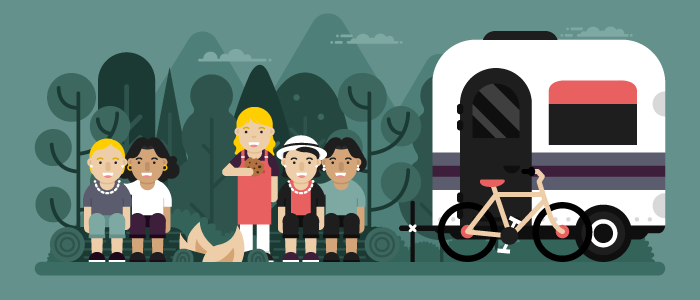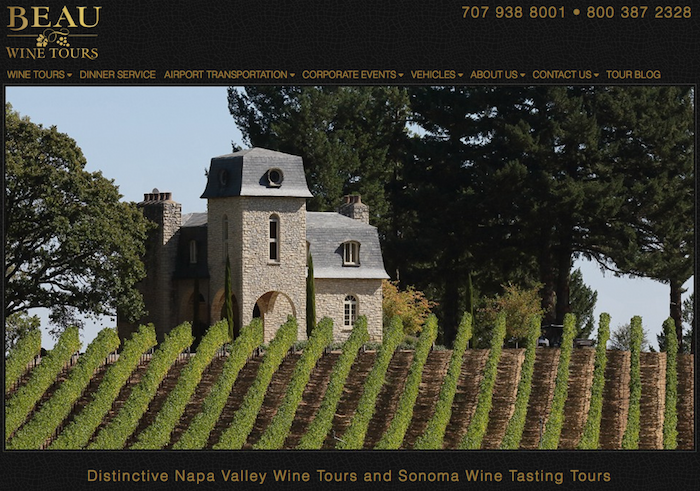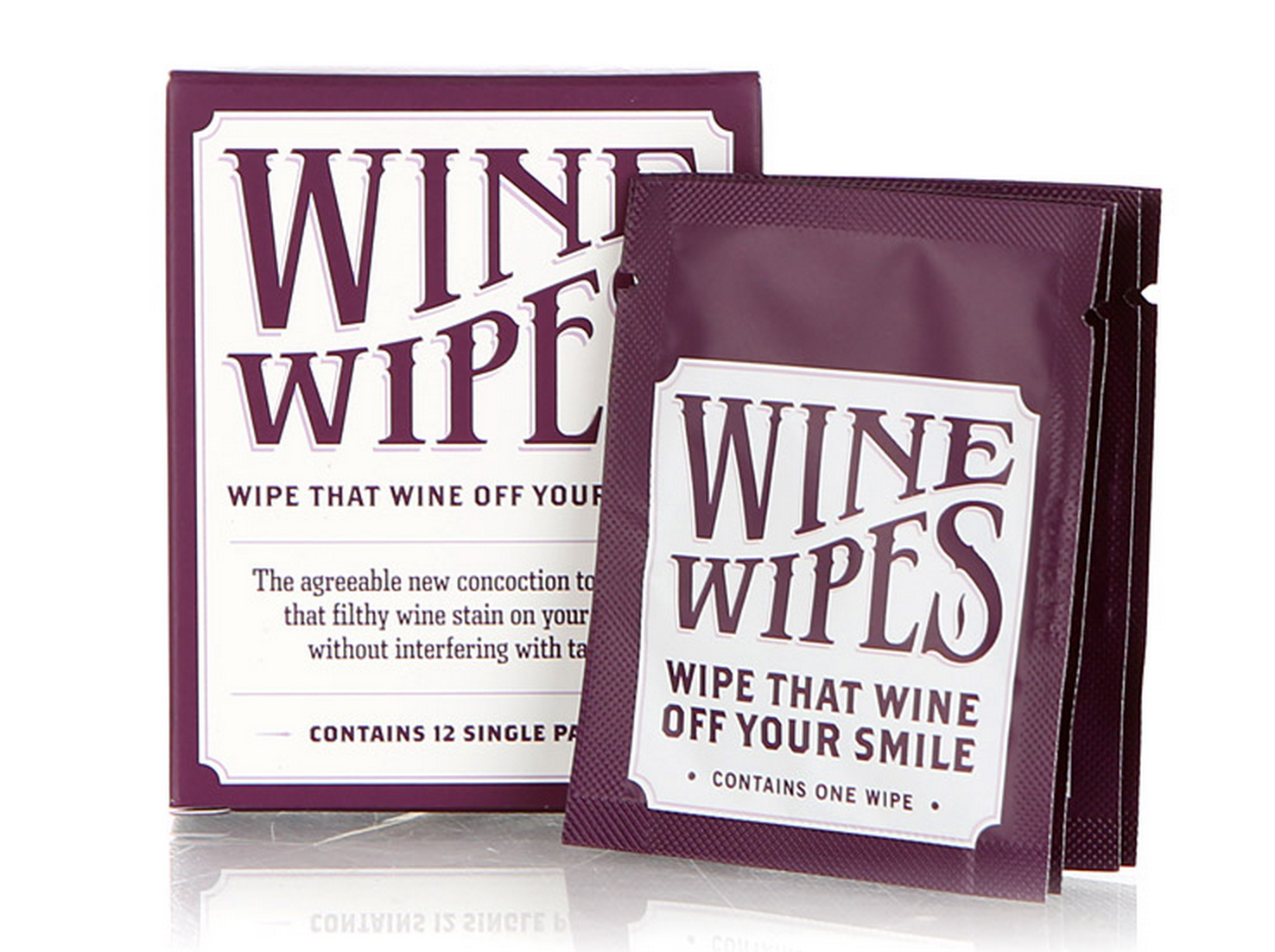Marketing Genius is a series created by BuzzFarmers to give virtual high fives to anyone who develops a unique (and brilliant) marketing idea worth talking about.
During our recent work retreat in North Conway, N.H., our team hiked through the forest near Diana’s Baths. During the trip, my coworker Chris pointed out all of the mushrooms and flowers that were edible. While we were there, it reminded me of a childhood friend who’d explained to me which flowers taste like Fruity Pebbles – and also which plants were poisonous. Since finding food in the forest isn’t something I think of every day, I enjoyed our mountain treks, but soon stopped thinking about the nourishment that hides in plain sight.
That is, until I read a recent email from the San Francisco company ForageSF. An email that’s mostly about … whales?
No, ForageSF isn’t a whale-centric company; they consider themselves “a handmade community,” with classes and events, and even a kitchen where one can rent space. Their mission includes supporting San Francisco-local foragers and also the local food economy by teaching people how to find free food in the wild and also providing affordable cooking facilities.
So, what does this all have to do with whales?
Simply put, ForageSF knows the importance of storytelling in business while communicating with its customers. For a company who offers classes on wild mushroom adventures, sea foraging, and wild food walks, ForageSF chooses to share engaging, welcoming content without forcing their company on their consumers.
[Tweet “Who doesn’t like whales? @ForageSF can look at their open rate to find out.”]How do they do it? Here’s what the email looked like.
ForageSF Immediately Captures Attention
Had ForageSF sent an email with a subject line that read “Sign Up for Foraging Classes” versus “We’ll Make You Smarter Than a Whale,” what do you think the open rate would be? Their choice of subject captures their readers’ attention and fills them with questions. Just how smart are whales? What can ForageSF teach me about whales? How can ForageSF make me smarter than a whale? Even though I wasn’t thinking about whales – or ForageSF, for that matter – at all prior to reading the subject, I now have an curiosity about both topics.
Communication Isn’t One-Sided
Just like in friendly conversation, no one likes one-sided dialogue. In fact, there’s no such thing as a one-sided dialogue. If your friend called every day for a one-hour conversation about strictly what they were thinking, you’d eventually tune out. The same goes for content marketing. If companies and brands have a one-sided conversation with you about their products and events, you’ll lose interest, and quite possibly never listen in again. Educate your customers. Your story doesn’t even have to be about your product, but must capture your reader’s attention. ForageSF recognizes this, and by sharing their thoughts every once in a while, they’re engaging their community base.
They Know Their Audience
It’s likely that the people on ForageSF’s email list are already interested in learning more about foraging. Even if they weren’t, sending out a fun email seemingly about whales is likely to interest the people you’re emailing. It is one way to gently reintroduce your company’s name. Plus, the more engaging the content, the more your readers will be willing to share it with others.
You Gotta Give a Little Bit to Get a Lot
Another important marketing rule: Give your customers something before you get anything in return. Businesses can’t always – and shouldn’t – just go in for the ask. In this example, ForageSF educated their readers on sperm whales, the brain-to-body ratio of certain mammals, and tree shrews. Then, they went on to share a video from DARE WIN, a participative underwater ethno-acoustic project, which was presented during the 2012 Pariscience International Film Festival. Only after all of the information on whales was shared with the readers did ForageSF mention their upcoming classes. They suggested it as a way to not let whales get the upper hand.
The Tie In
Why is ForageSF telling their email subscribers about whales?
Because whales forage for their food, and ForageSF wants to educate humans to be foragers. See, the two subjects aren’t as far apart as you might have first thought! But regardless of what your company does – or the services you provide – ask yourself, “How can I use storytelling in business and information dissemination as a way to capture my readers’ attention and gain new followers?”
And we’re asking you now: Any ideas you can share with us in the comments below?







